Episodes
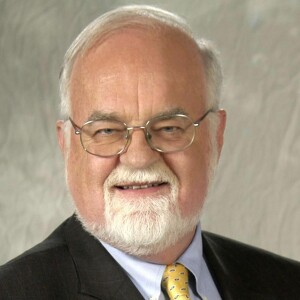
Thursday May 12, 2016
Can Market Forces Fix Drug Pricing
Thursday May 12, 2016
Thursday May 12, 2016
The Campaign for Sustainable Rx Pricing, a coalition of healthcare stakeholders, thinks that the rising cost of prescription drugs can be addressed through a series of market-based solutions that will strike a balance between preserving innovation and ensuring affordability. Its recently released plan outlines steps to increase transparency, competition, and value. We spoke to John Rother, executive director of the Campaign for Sustainable Rx Pricing, about the organization, its focus on market-based solutions, and what it will take to make them a reality.
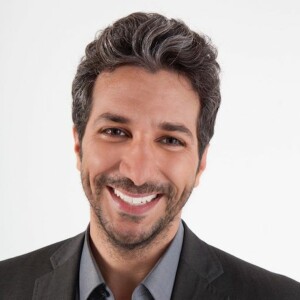
Thursday May 05, 2016
Digital Health Device Seeks to Push Beyond Cannabis to Test Food, Air, and Water
Thursday May 05, 2016
Thursday May 05, 2016
The emergence of smartphones at the center of a growing universe of digital health devices is giving rise to new ways to monitor and measure our bodies in real time. MyDx, one of the latest entrants into this area, is working to enable consumers to test the food they eat, the water they drink, and the air they breathe to ensure they’re safe. Its first offering allows cannabis users to analyze samples for THC content, the presence of pesticides, and their potential effects on users. We spoke to Daniel Yazbeck, chairman and CEO of MyDx, about his handheld analyzer, how it works, and how he expects it to both enable and be fueled by changing consumer behavior in the emerging world of the quantified self.
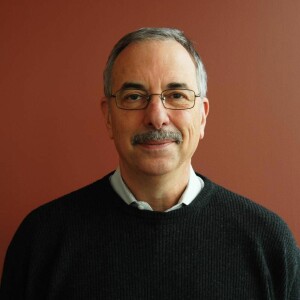
Thursday Apr 28, 2016
Why the Cancer Moonshot Offers a Chance to Rethink Funding Priorities
Thursday Apr 28, 2016
Thursday Apr 28, 2016
The Obama Adminstration’s Cancer Moonshot initiative is a boost to cancer researchers, but Bruce Zetter says in order for it be as effective as possible, it must not repeat the same funding priorities of the past and instead should support innovative projects and research against the deadliest cancers. In a recent commentary in Politico, Zetter, a professor of cancer biology at Harvard Medical School and Boston Children’s Hospital, notes that researchers follow the money and that the cancers with which we have made the least progress still seem to get the least amount of funding. We spoke to Zetter about his commentary, the opportunities being created by the Cancer Moonshot, and how he thinks cancer funding needs to change.
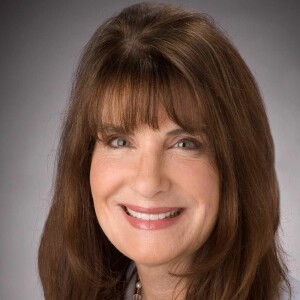
Thursday Apr 21, 2016
Medtronic Advances Toward an Artificial Pancreas
Thursday Apr 21, 2016
Thursday Apr 21, 2016
For people with type I diabetes, the day-to-day management of the disease can be a full-time job involving the monitoring blood glucose levels and injection of insulin. The medical device giant Medtronic has been working toward the development of what it’s called an artificial pancreas, a steady improvement of pump and sensor technology to free type I diabetes patients and allow them to think less about the management of their disease. We spoke to Fran Kaufman, chief medical officer of Medtronic Diabetes, about the progress the company has made, its newest technology that is moving towards the market, and how close it is to realizing its vision of an artificial pancreas.
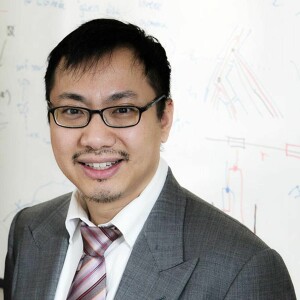
Thursday Apr 14, 2016
Using Real-Time Data to Detect HIV Outbreaks
Thursday Apr 14, 2016
Thursday Apr 14, 2016
By using data from routine testing about the genetic evolution of the HIV /AIDS virus in the Canadian province of British Columbia, researchers have shown they are able to identify emerging outbreaks of the disease in near real-time and intervene to control its spread. The first-of-its-kind system is the focus of a study in an April edition of The Lancet HIV. We spoke to Art Poon, Associate Research Scientist for the British Columbia Centre for Excellence in HIV/AIDS and lead author of the study, about the monitoring system, the impact it has had, and whether such an approach is transferable to other regions and other disease outbreaks.
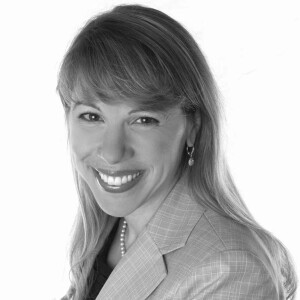
Thursday Apr 07, 2016
Why Pharma Needs to Forge New Drug Pricing Models
Thursday Apr 07, 2016
Thursday Apr 07, 2016
As pricing pressure grow on the pharmaceutical industry, a recent article in Invivo argues that drugmakers must look to a variety of new pricing models built around collaborations with payers and providers. Such an approach, the authors argue, would minimize conflicts between stakeholders, close the information gap about the real-world value of new drugs, and allow for a more evidence-based approach to pricing. We spoke to Susan Garfield, a principal in EY's Life Sciences Advisory Services practice and co-author of the Invivo article, about the need for new approaches to pricing, why the existing unit price approach is too one-dimensional, and what’s at stake for the industry if it fails to innovate new models.
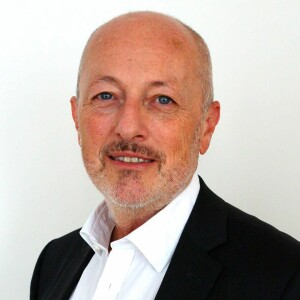
Thursday Mar 31, 2016
Gensight Targets Gene Therapy on Diseases that Blind
Thursday Mar 31, 2016
Thursday Mar 31, 2016
The France-based biotech Gensight Biologics is developing gene therapy treatments for rare, mitochondrial, and neurodegenerative diseases of the eye. Its lead therapeutic candidate is in late-stage trials for Leber’s Hereditary optic neurophathy, a sudden condition that afflicts young adults and leaves almost all of them blind. We spoke to Gensight’s CEO Bernard Gilly about the company, the challenges and promises of gene therapy, and why eye disease is a particularly attractive target for this emerging area of treatment.
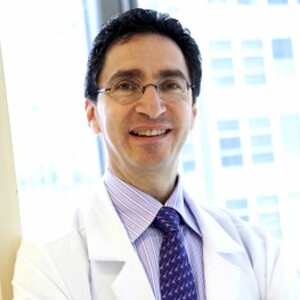
Thursday Mar 24, 2016
A Vial Problem: How We Waste $3 Billion of Cancer Drugs a Year
Thursday Mar 24, 2016
Thursday Mar 24, 2016
Nearly $3 billion a year is wasted on cancer drugs because of the way they are packaged, according to a study in BMJ. These expensive drugs that are injected or infused come in fixed size vials and patients often require less drug than what is sold as a single dose. Because of restrictions on the ability to use leftover drug, the result is that it is usually thrown out. Nevertheless, drugmakers have little incentive to do things differently because the waste enhances their profitability. We spoke to Leonard Saltz, an oncologist with Sloan Kettering Memorial Cancer Center and coauthor of the study, about the findings, why Europe doesn’t have the same problem, and what can be done to stop the waste.
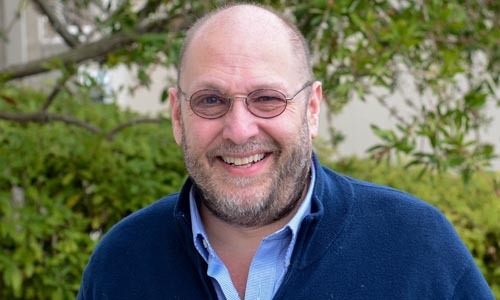
Daniel Levine
Daniel Levine is an award-winning business journalist who has reported on the life sciences, economic development, and business policy issues throughout his career. He is founder and principal of Levine Media Group, host of The Bio Report and RARECast podcasts, a senior fellow at the Center for Medicine in the Public Interest, and author of Global Genes’ annual NEXT report on emerging trends in the world of rare disease. From 2011 to 2014, he served as the lead editor and writer of Burrill & Company’s acclaimed annual book on the biotech industry. His work has appeared in numerous national publications including The New York Times, The Industry Standard, and TheStreet.com.

